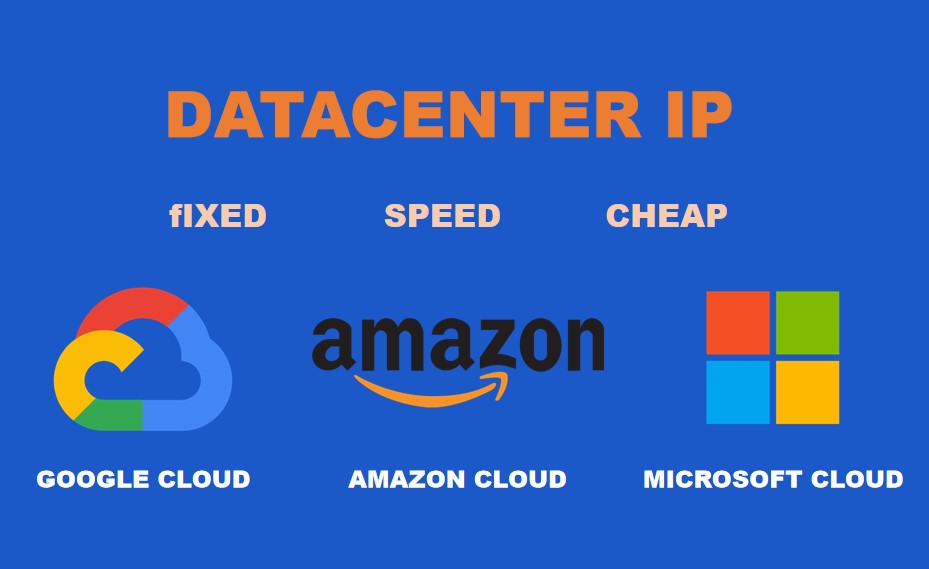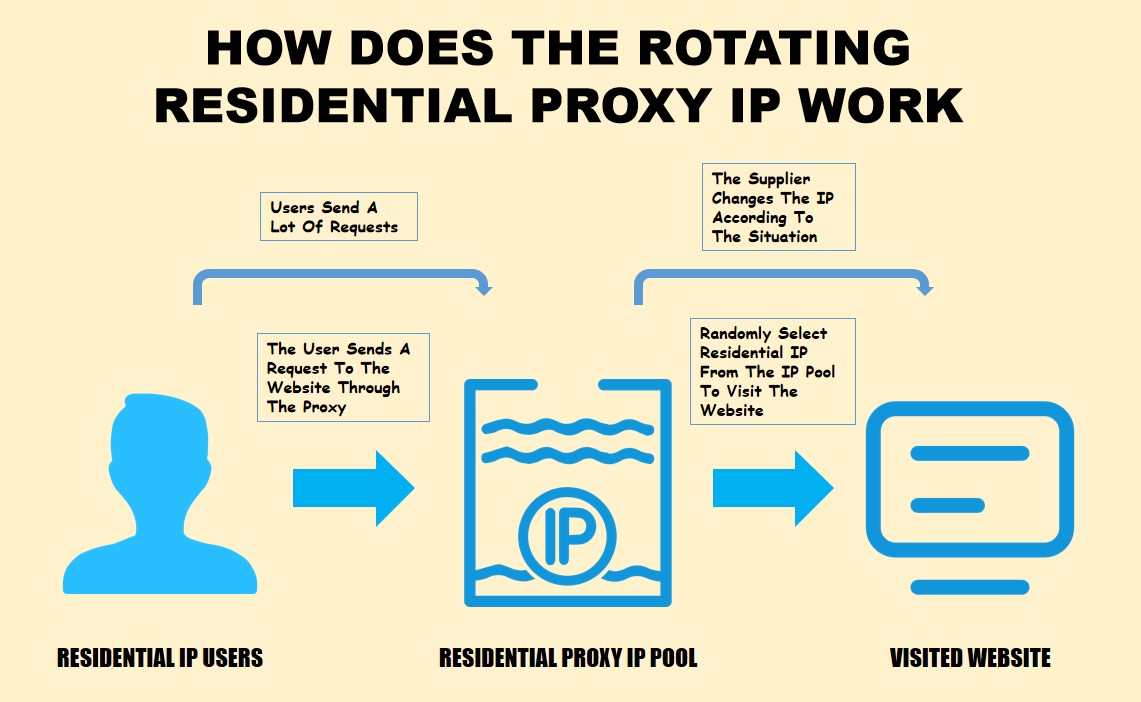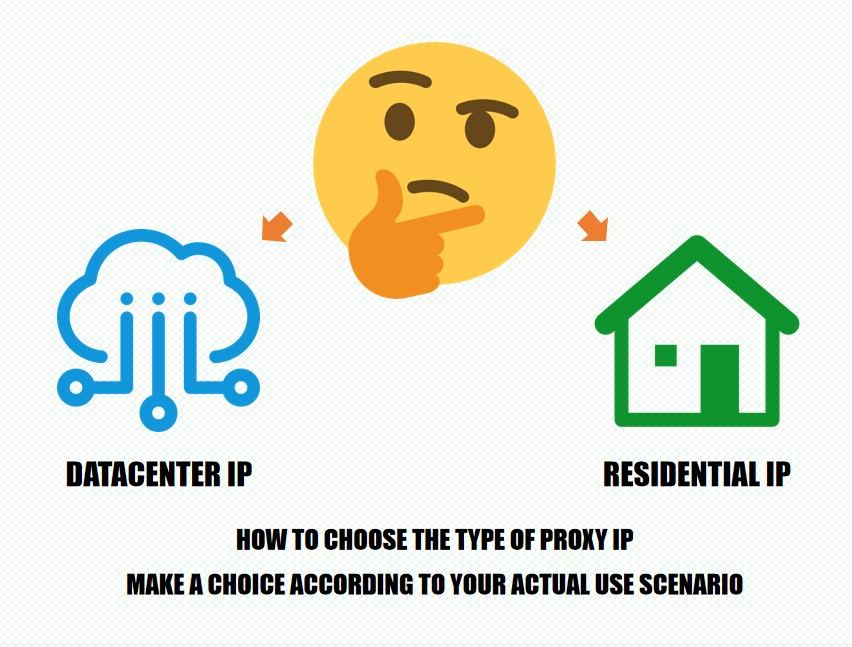In our daily use of proxy IP to surf the Internet, we often encounter certain websites restricting our IP.
The website will have different restrictions for different forms of IP
Datacenter IP
The proxy IP or VPN IP we generally use is the IP of the datacenter IP, which is the IP of the computer room.
For example, IP owned by Google Cloud, Amazon Cloud, Microsoft Cloud, etc.
It comes from the computer room of a network provider and is an IP on a server. Because it is a server, the IP is fixed. Because the IP does not change, it is easy to be identified.
If it is used for difficult tasks, such as crawling data, the target website can easily recognize that you are a fixed IP, and the IP will be blocked.
In order to save costs, many agency service providers will share and allocate the same IP, which is susceptible to the influence of other users.
For example, You are operating social media like Facebook, and IP issues will drive you crazy.
Characteristics of datacenter IP
- IP is fixed
- Stable IP and fast speed
- IP price is relatively cheap

Residential IP
They can be used in a real family. The IP address is assigned to its subscribers by the service provider (ISP). Those IP addresses bound to the home address are called residential IP addresses.
For example, IP is owned by companies such as Verizon FiOS, AT&T U-verse, Cox, Comcast, Charter, or Time Warner.
If you are using a residential IP to access the Internet, you can upload your own geographic location information with confidence. Most websites trust residential IP addresses and will not be strictly checked like other forms of IP.
The residential proxy provider sells these IP addresses to people so that they can use the confirmed location to access the website.
Its working principle is very simple. If you are using a residential proxy to send an HTTP request to the website, the request will be sent to the proxy server. The proxy server then routes your request to the website via the home address of the other person.
What Is The Residential Proxy IP?
The residential proxy is an intermediate server that uses the residential IP provided by the ISP to someone’s device to browse the website. Because it uses the real IP address provided by the ISP, it is trusted.
The IP address used may come from a personal computer, router, or any form of Internet-enabled device.
For example, IoT devices, edge computing devices.
How Does The Rotating Residential Proxy IP Work?
The residential proxy provider has a pool of IP addresses. When you make a website request to a website through a residential proxy server, they will choose any available IP address (random) in the pool and then route the request to the website through them.
For rotating residential proxy IP, they will change the session of the IP address used for connection according to the website request or the specified time.
When the IP is rotated by session or request, each website request you send will be routed through a different IP address.

This method is especially tried for website crawling. During the crawling process, you send a large number of requests every minute. With this kind of rotation, the website cannot track you.
Acting Provider of Residential IP
Residential IP proxy providers have a large number of residential IP addresses in their IP pools.
For example, Bright Data has 70 million, Oxylabs has 50 million, Smartproxy has 40 million, and GeoSurf has 8.5 million.
How do they obtain these IP addresses?
Different residential IP providers have their own IP management methods.
Let’s take Bright Data as an example.
They have a free VPN service of Hola VPN. Before you can use the free Hola VPN, you must grant them permission to use their IP and Internet connection. This means they use the Internet connection and IP address of the Hola VPN user.
They also have a software development kit (SDK), developers can implement the tool in their applications so that users can subscribe to the service and earn commissions.
When you subscribe to their service, you grant them the right to use the Internet connection and IP.
Why Does Residential IP Gain More Trust Than Data Center IP?
Compared with data center IP, website server security system or risk control system has higher trust in residential IP. Because they are the IP addresses of the family.
Compared with setting up residential IP, a person who is proficient in technology can set up data center IP in a very simple way.
Websites are aware of this and use it as a measure of trust. They provide both residential IP and data center IP.
Some websites classify residential IP as “good IP” and data center IP as “bad IP”.

Of course, the risk control or security policies of each target website are not consistent, except for IP restrictions. The tracking of the user’s environment through the browser also takes a lot of weight.
This part can use some privacy protection browsers to cooperate with the residential IP to achieve the purpose.
For example, ClonBrowser, Tor.




 Jolian
Jolian August 25,2021
August 25,2021







